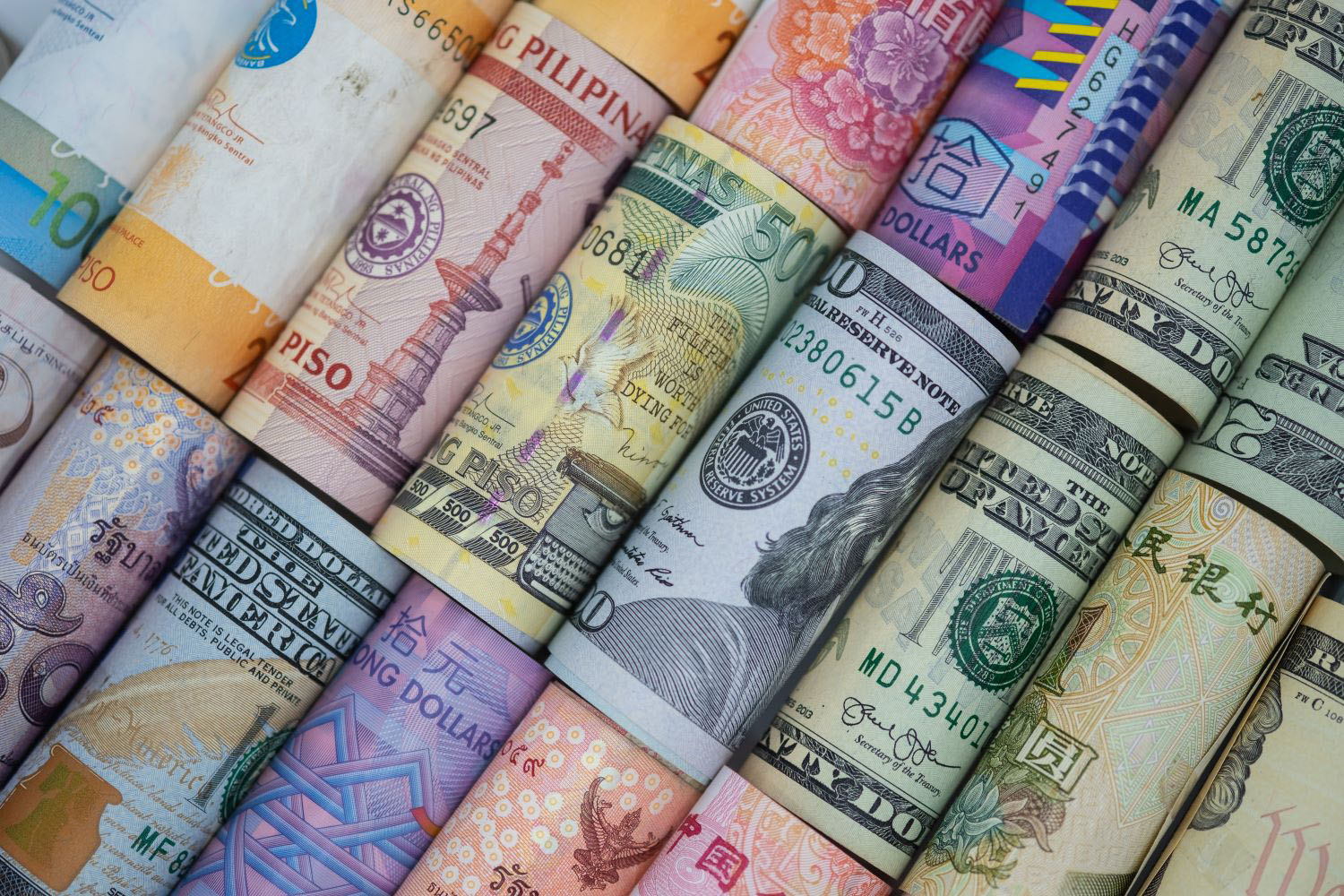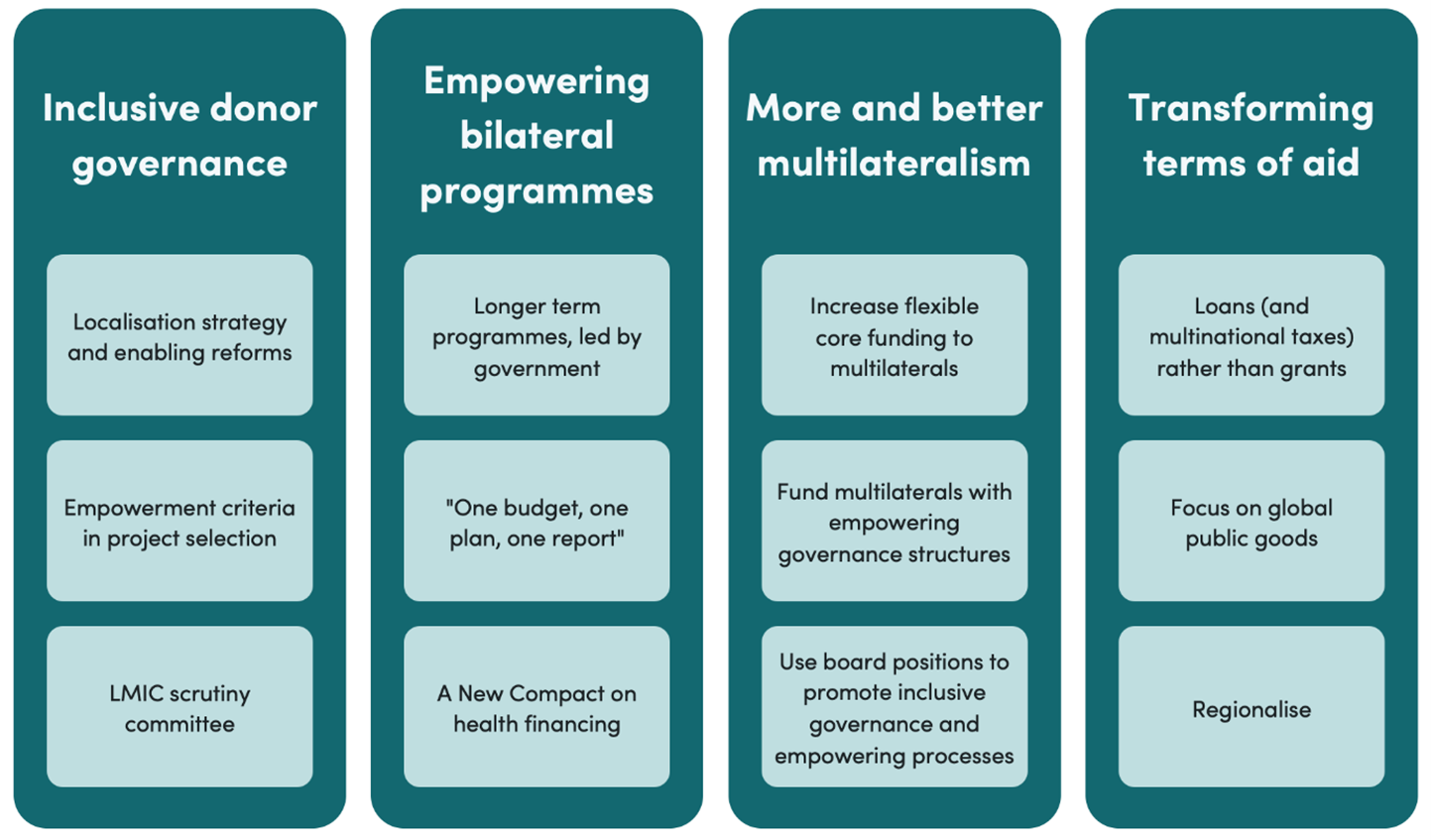The United States was instrumental in the creation of the world’s youngest nation but can it do anything to end its current crisis?
The witnesses before the Senate Foreign Relations Committee’s hearing on the Situation in South Sudan on January 9—the three-year anniversary of South Sudan’s referendum for independence from the Republic of Sudan—generally agreed that the United States could and should take an outsize role in helping to end the current crisis, taking advantage of its outsize influence in South Sudan.
Linda Thomas-Greenfield, Assistant Secretary of State for African Affairs; Nancy Lindborg, USAID Assistant Administrator, Bureau of Democracy, Conflict, and Humanitarian Assistance; Kate Almquist Knopf, former USAID Assistant Administrator for Africa, former CGD visiting policy fellow, and adjunct faculty at the Africa Center for Strategic Studies; Princeton Lyman, former US Special Envoy for Sudan; and John Prendergast, co-founder, Enough Project testified.
The second panel with Almquist Knopf, Lyman, and Prendergast was generally in agreement on a few key priorities for USG efforts:
- Work with President Kiir, Riek Machar, IGAD, and the UN to end the violence immediately while making sure that the longer-term peace process is inclusive and sustainable;
- Ensure impartial humanitarian assistance continues and don’t use it as a leverage point for negotiating with political leaders;
- Insist political detainees are released;
- Consider the role sanctions can play in preventing further atrocities and emphasize human rights monitoring;
- Continue a visible US diplomatic presence; and
- Don’t disappear once the violence stops—work for long-term governance transformation.
Ongoing congressional attention to South Sudan, including the House Foreign Affairs’ Committee’s hearing Wednesday, as well as once the current crisis has passed, will go a long way in ensuring the kind of sustained Administration attention to South Sudan that will be needed.
CGD blog posts reflect the views of the authors, drawing on prior research and experience in their areas of expertise.
CGD is a nonpartisan, independent organization and does not take institutional positions.





